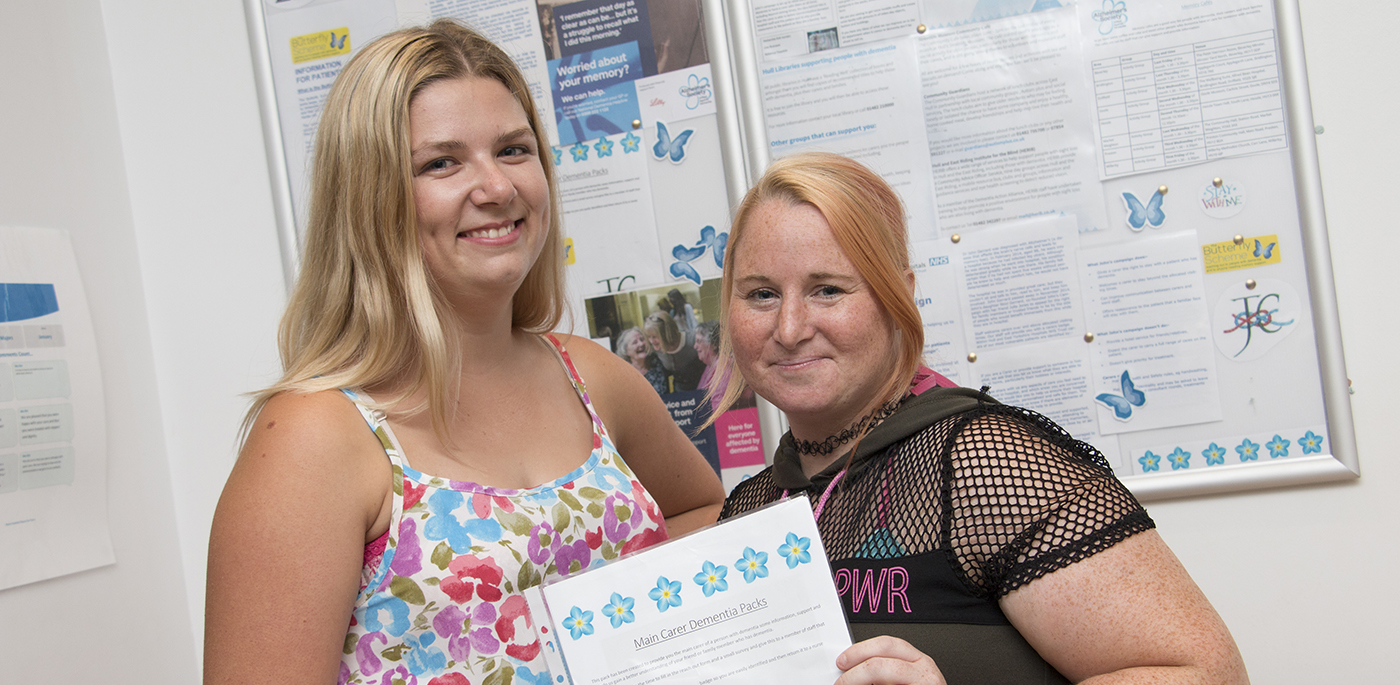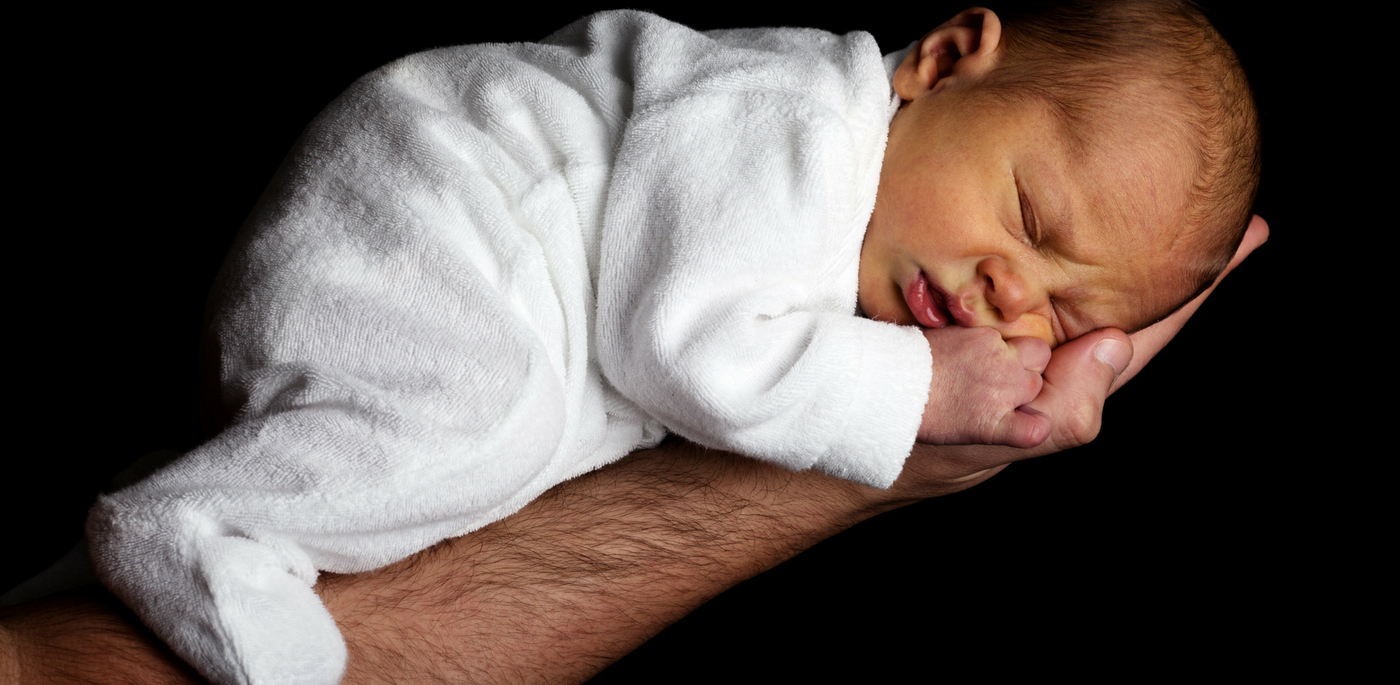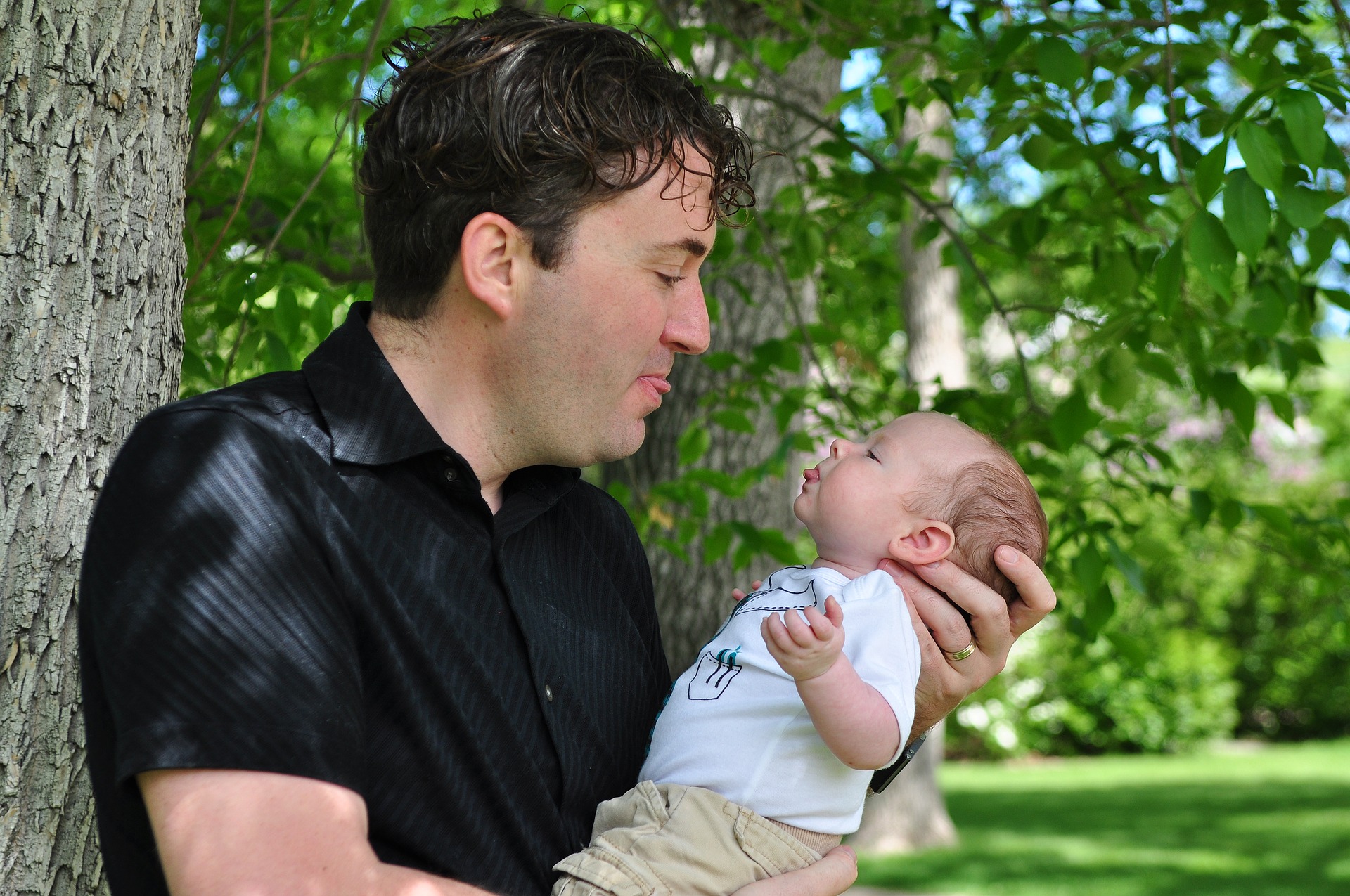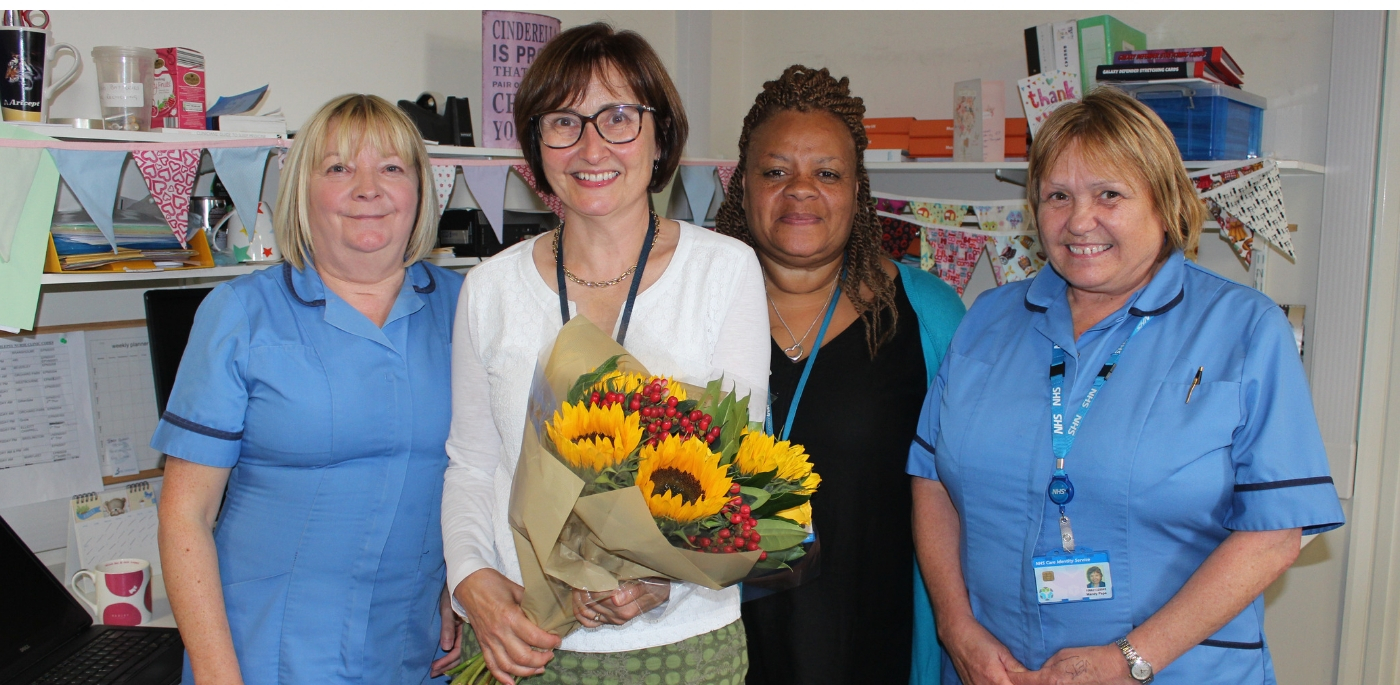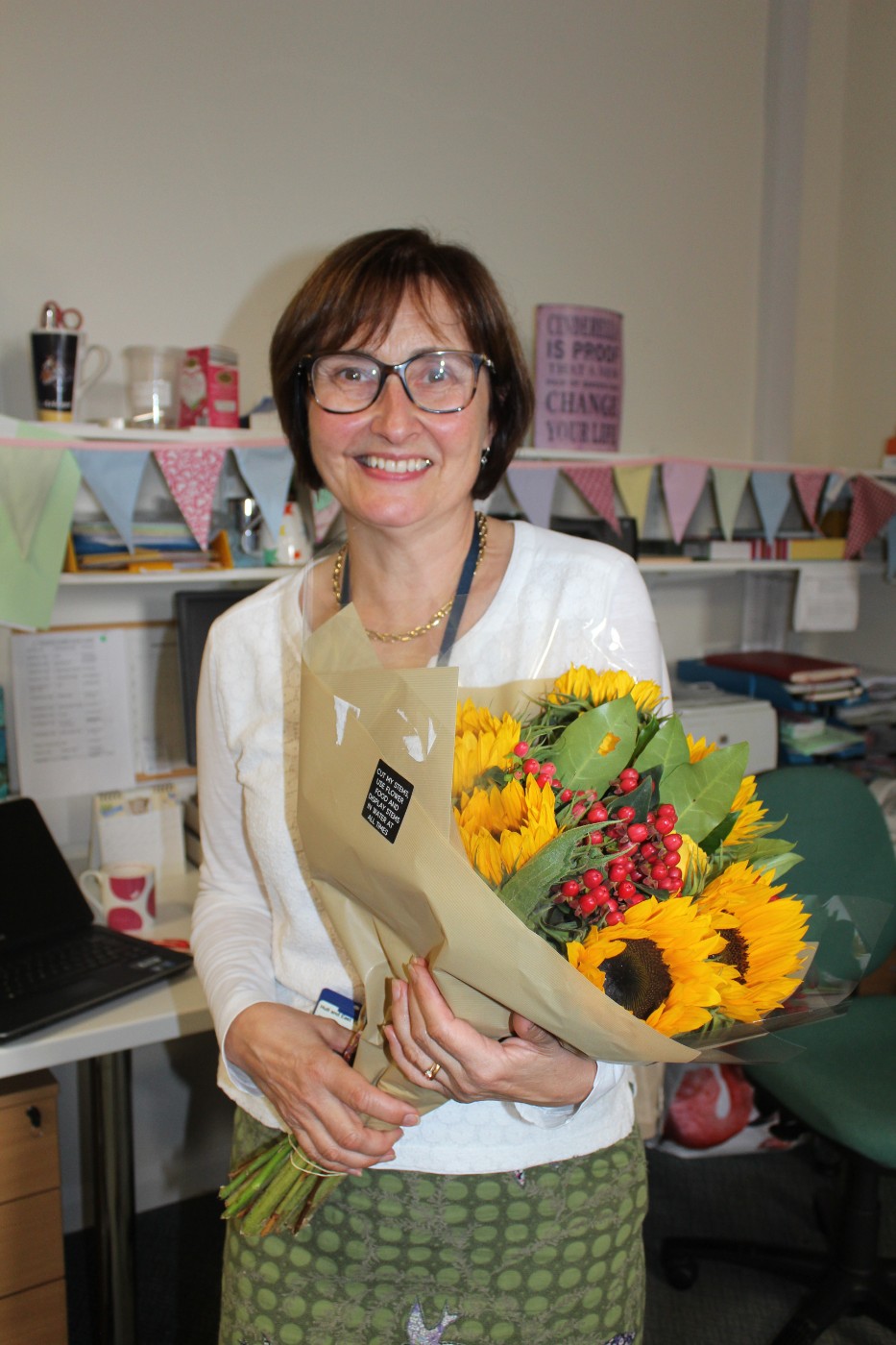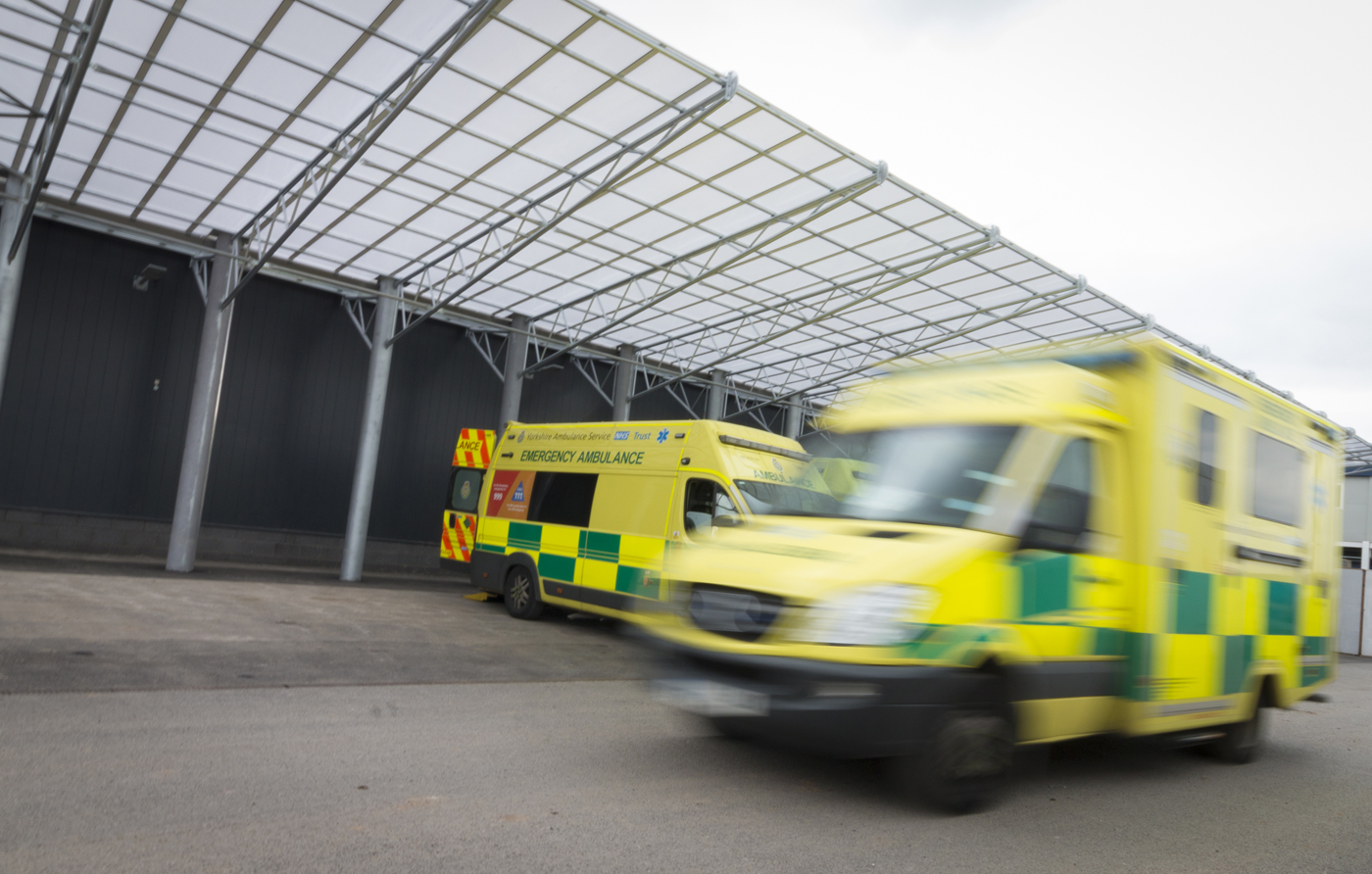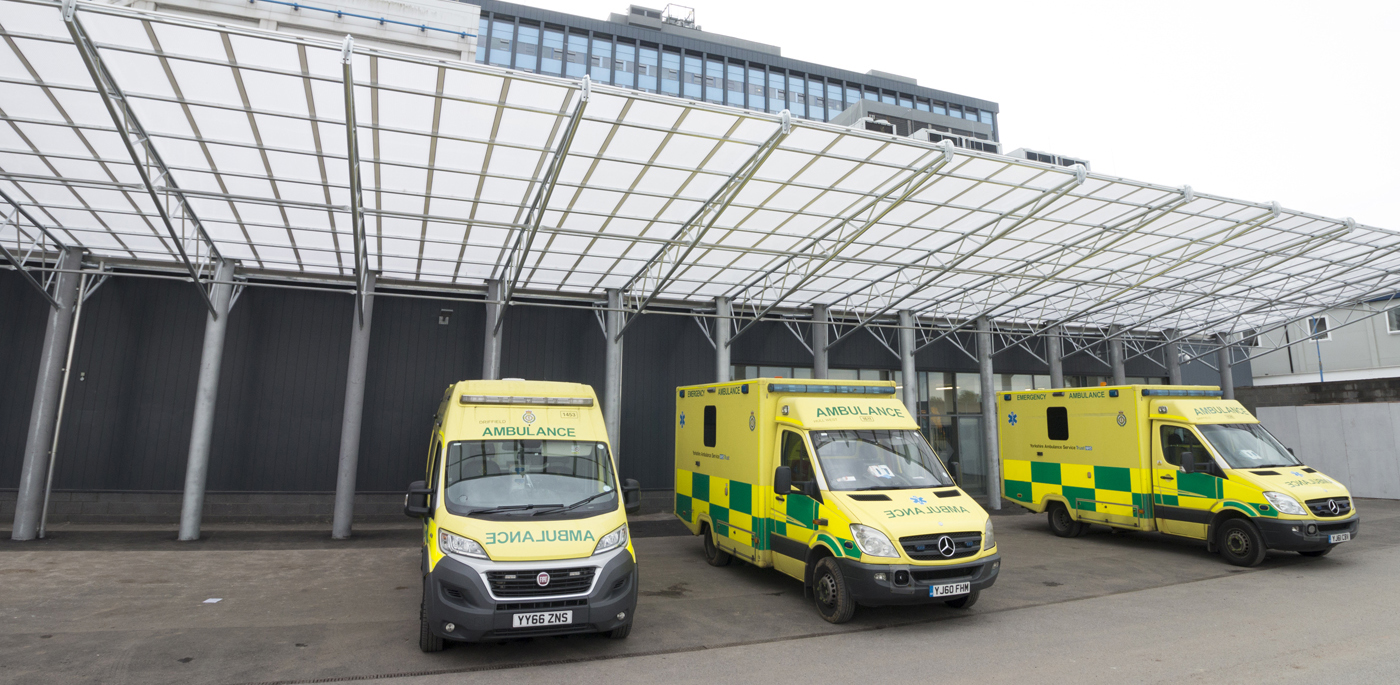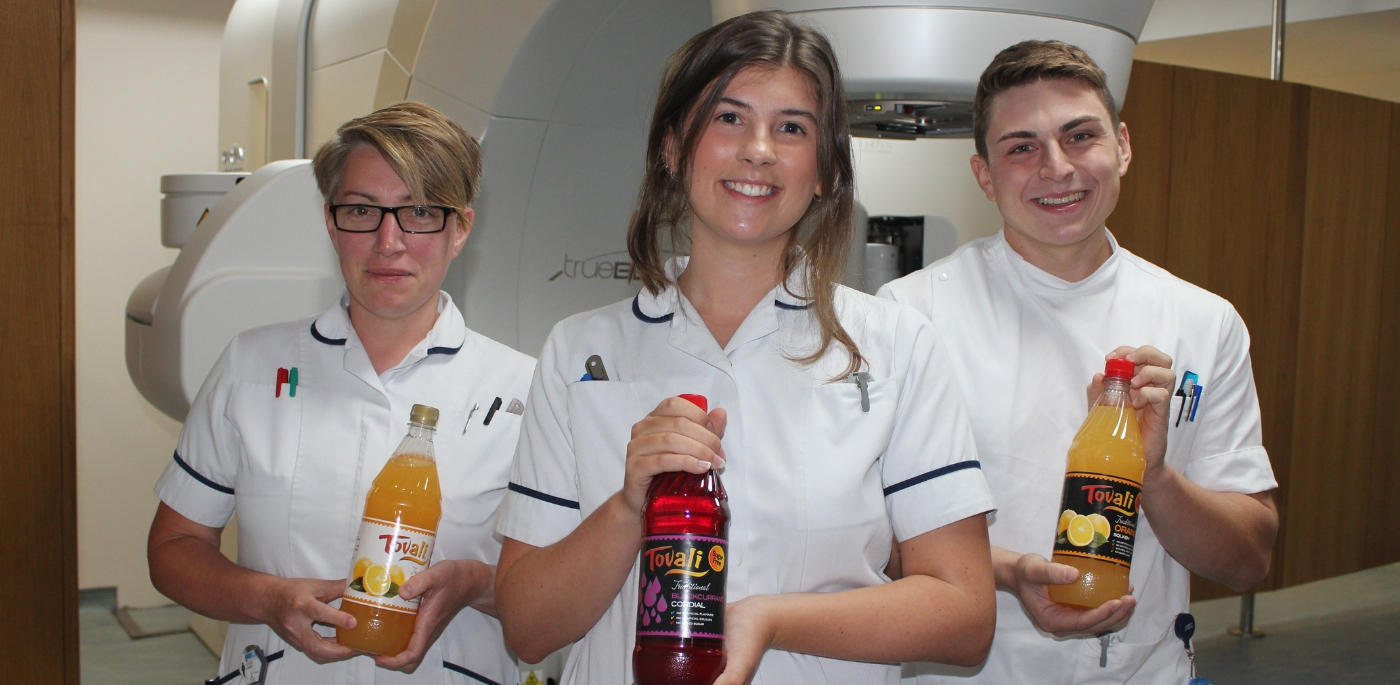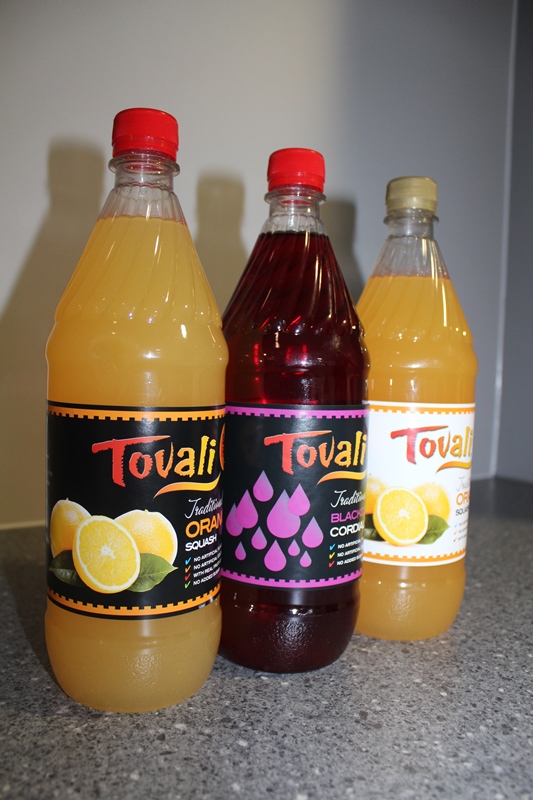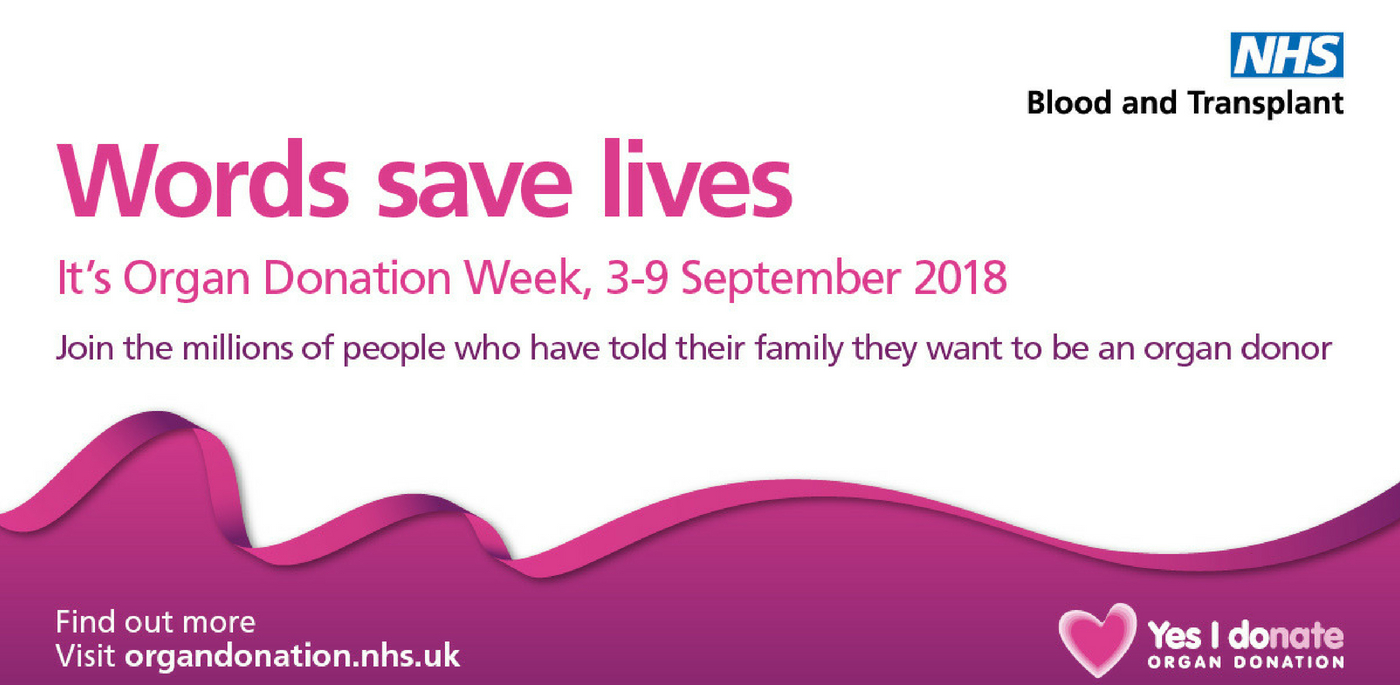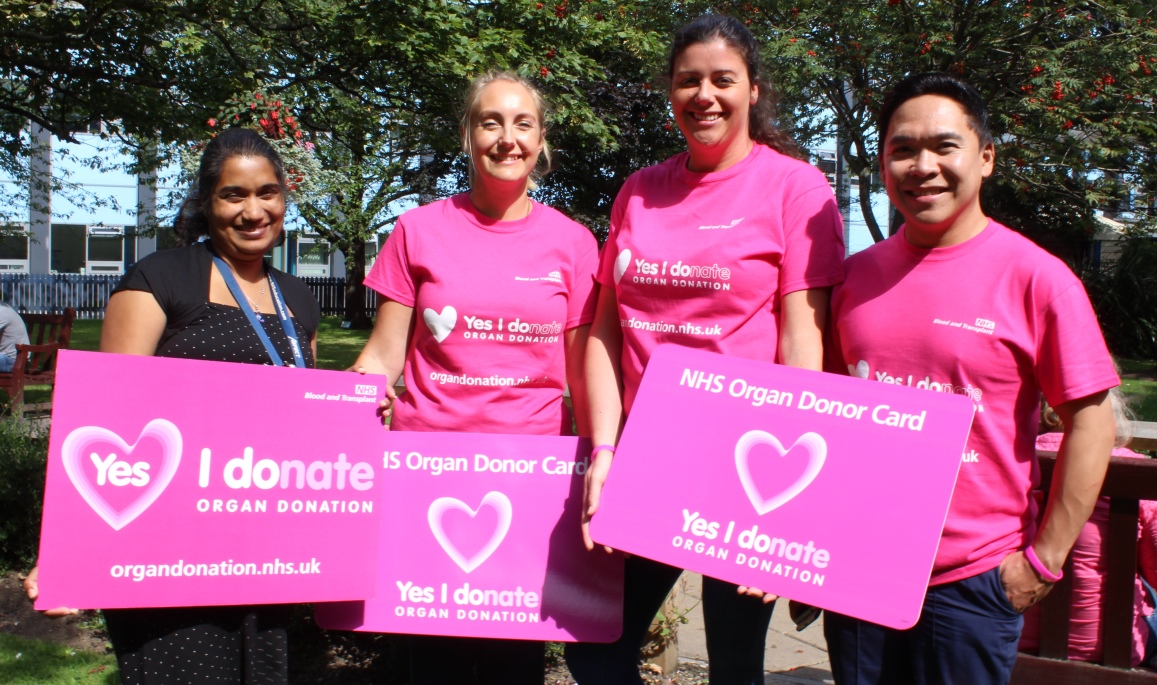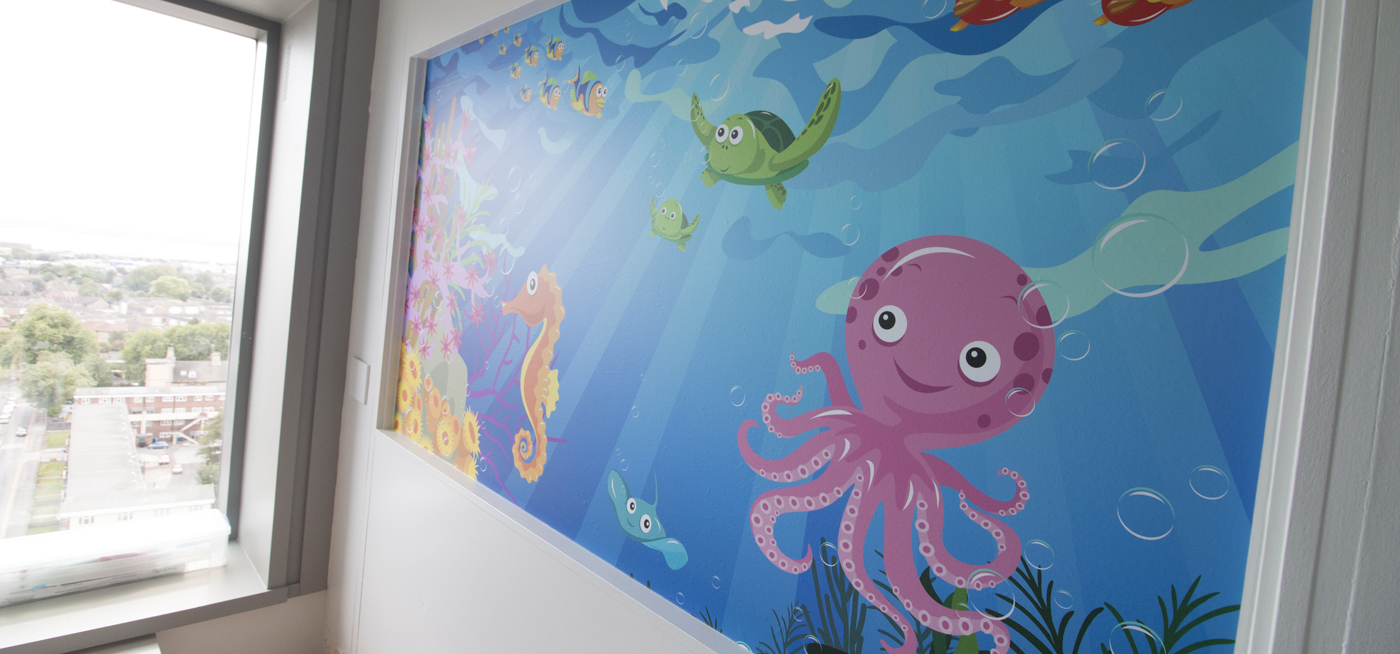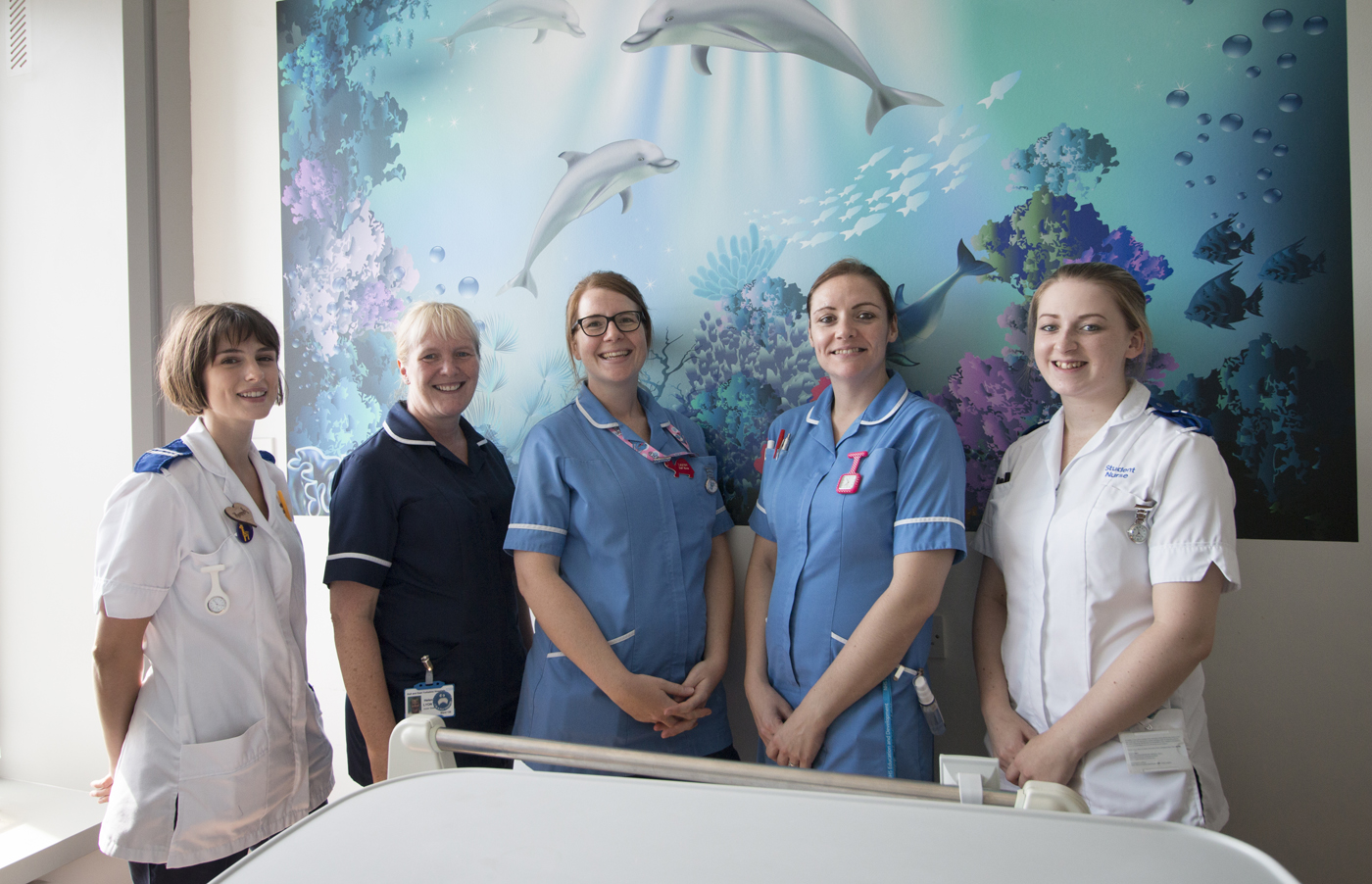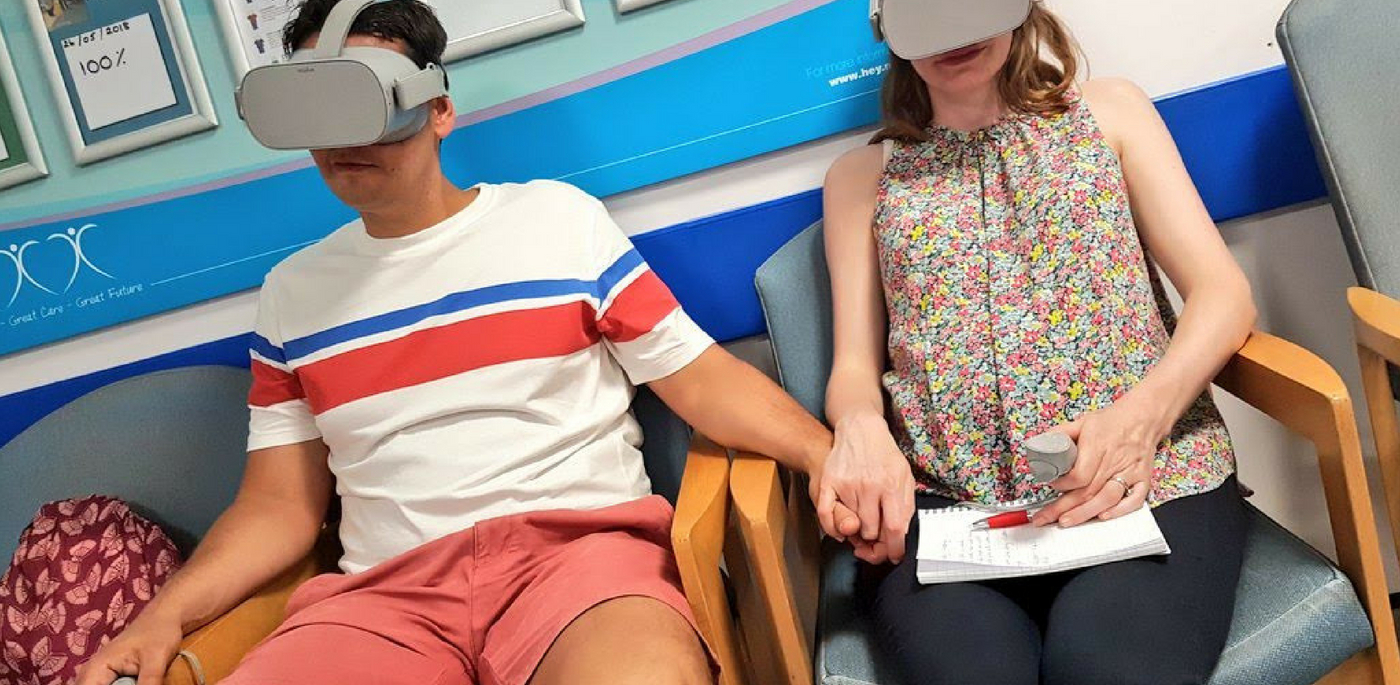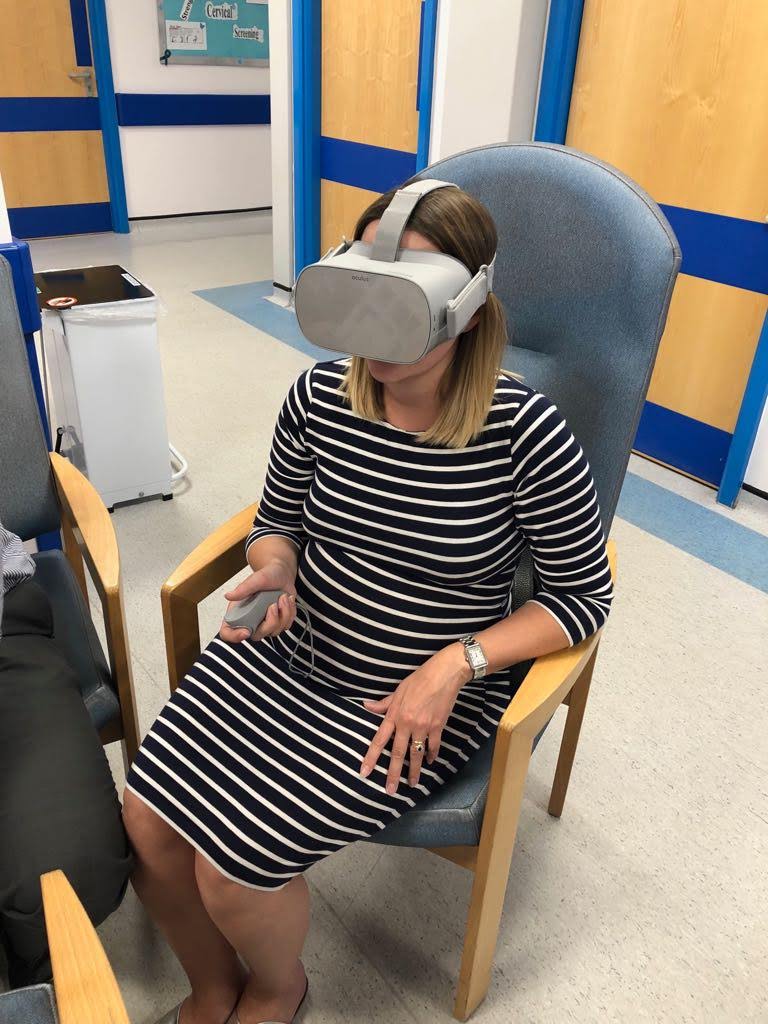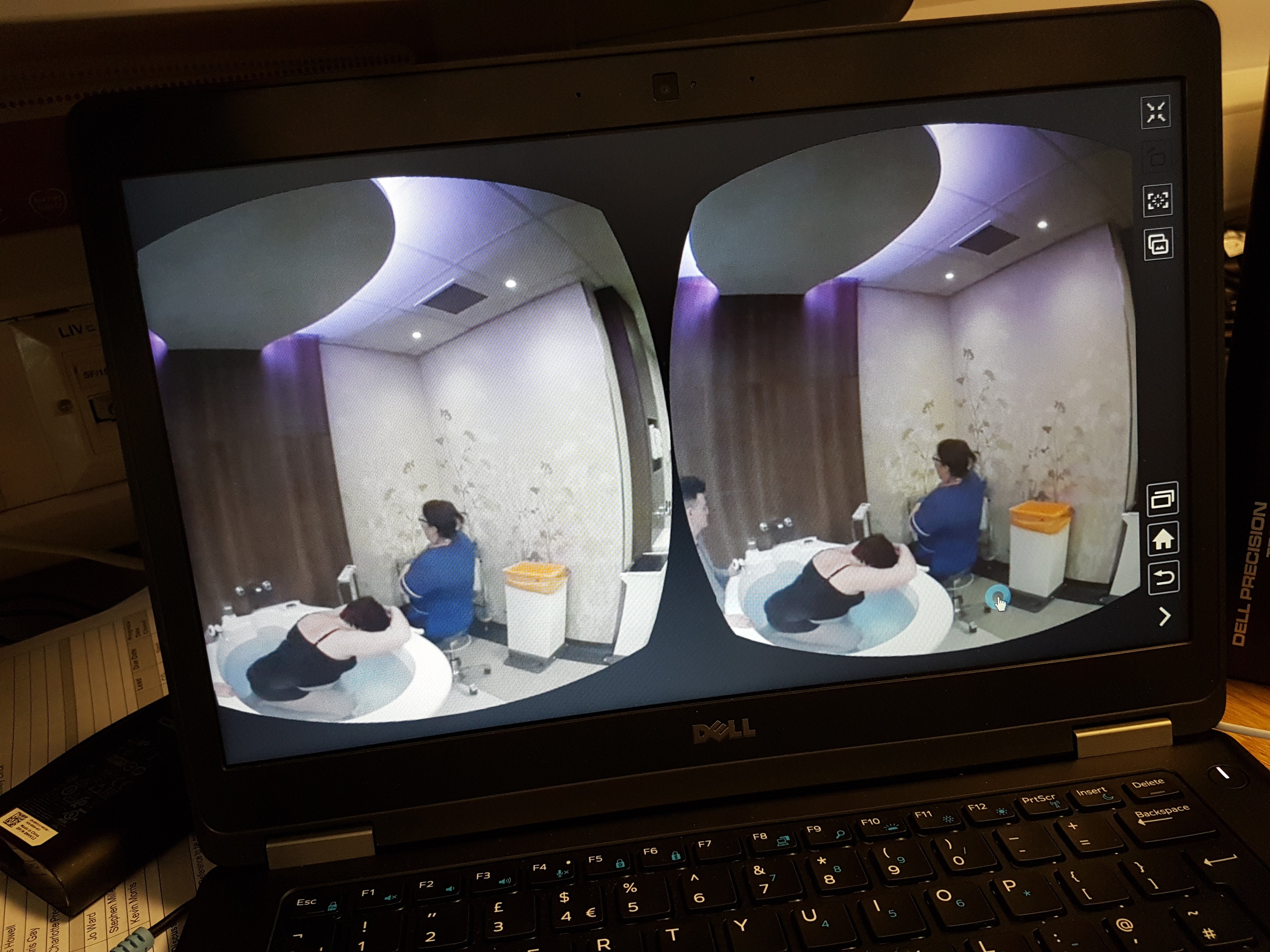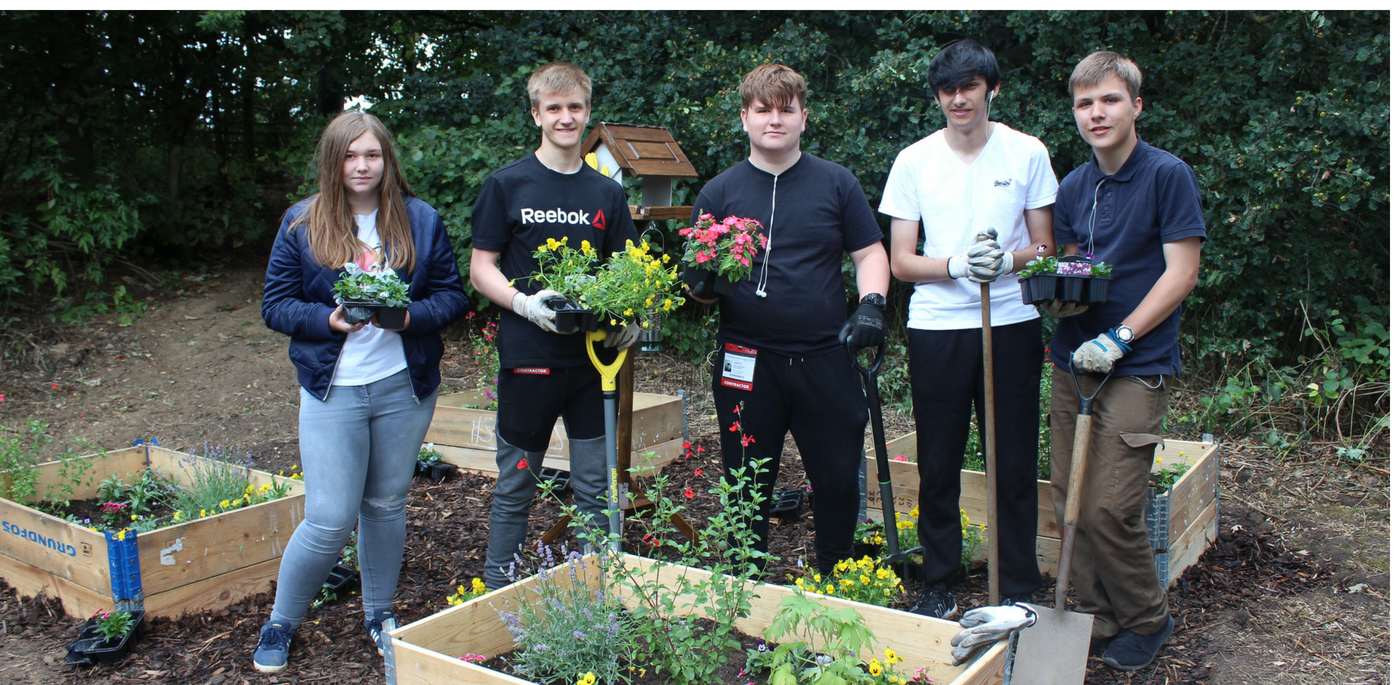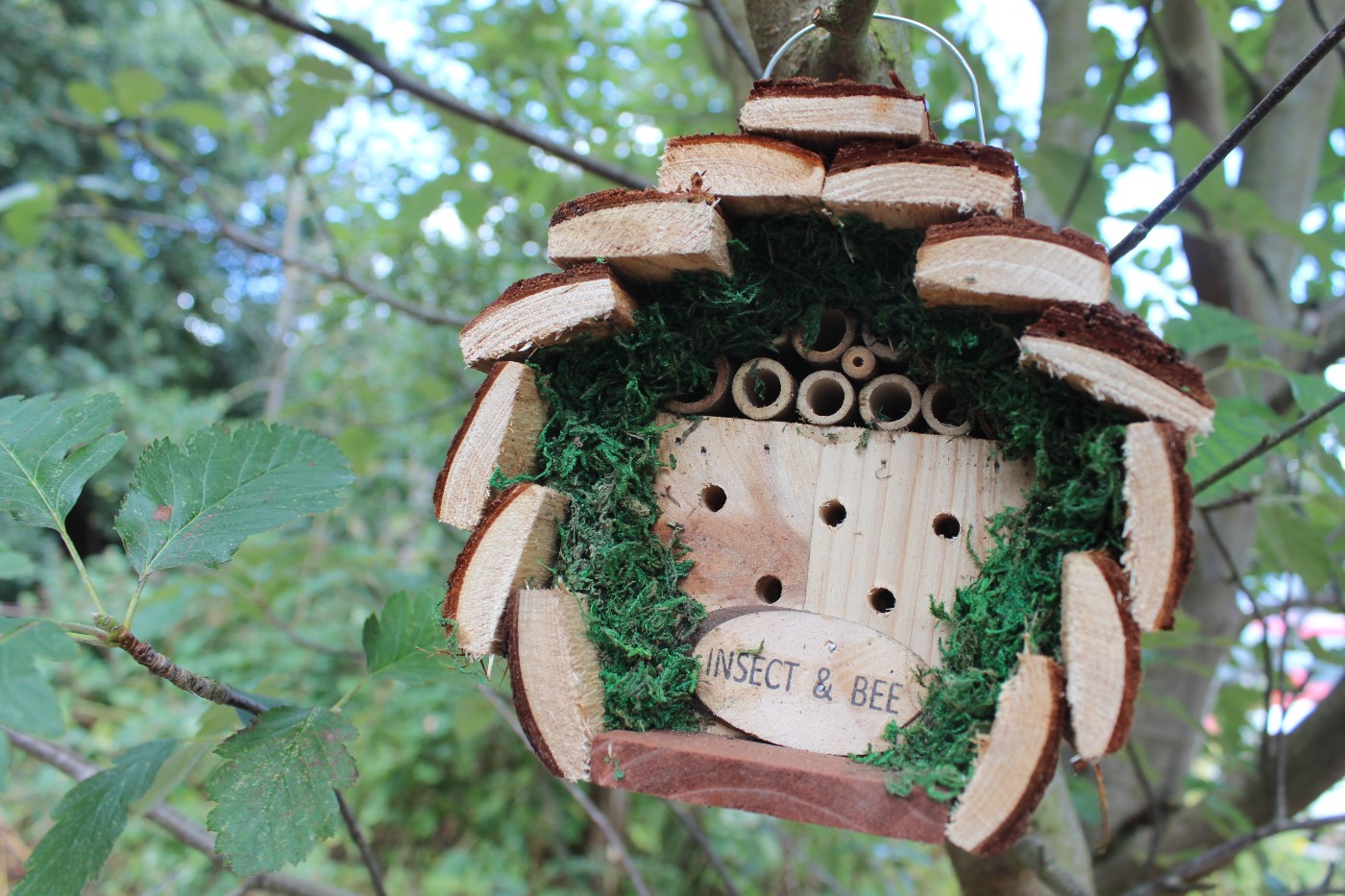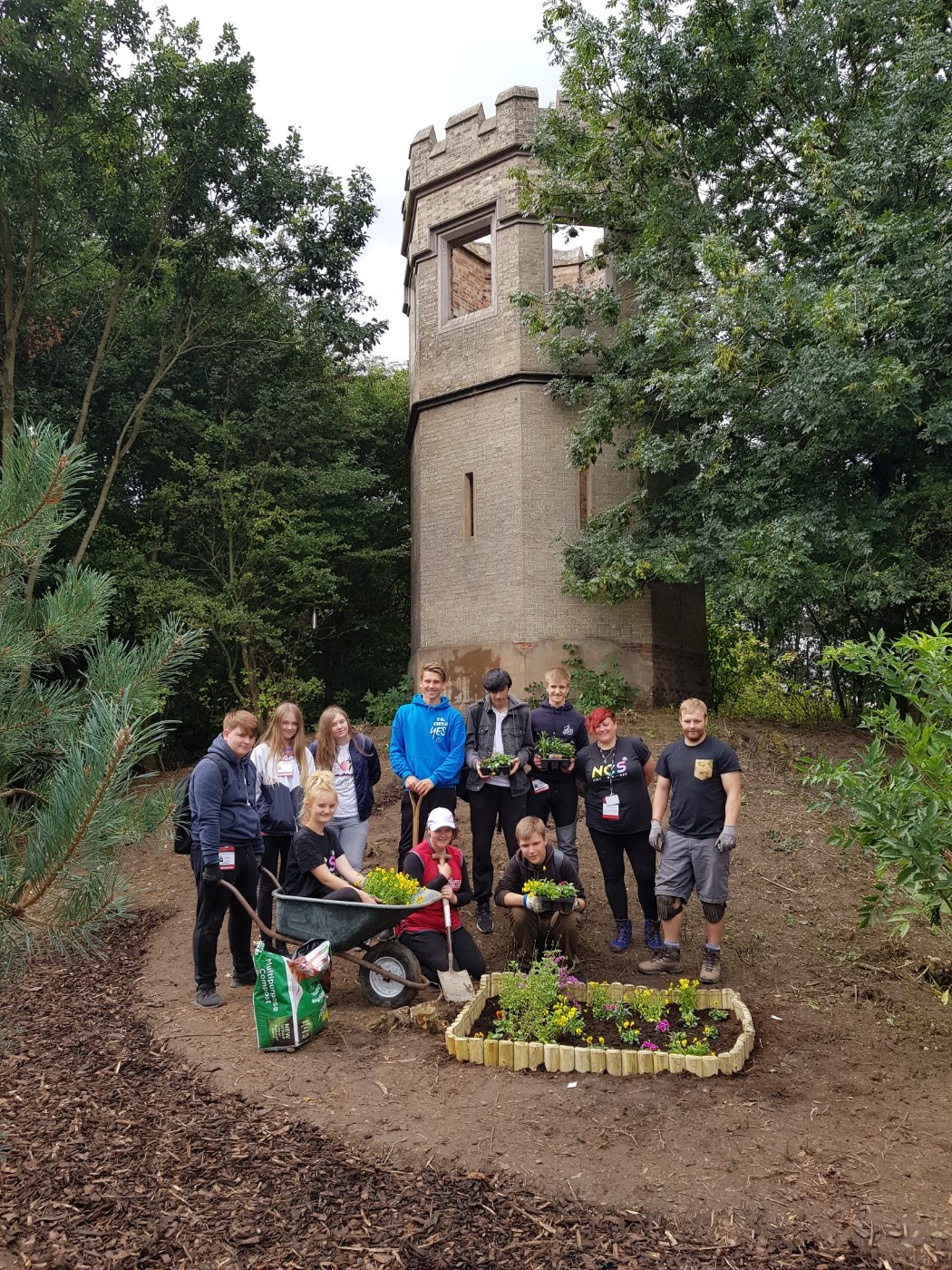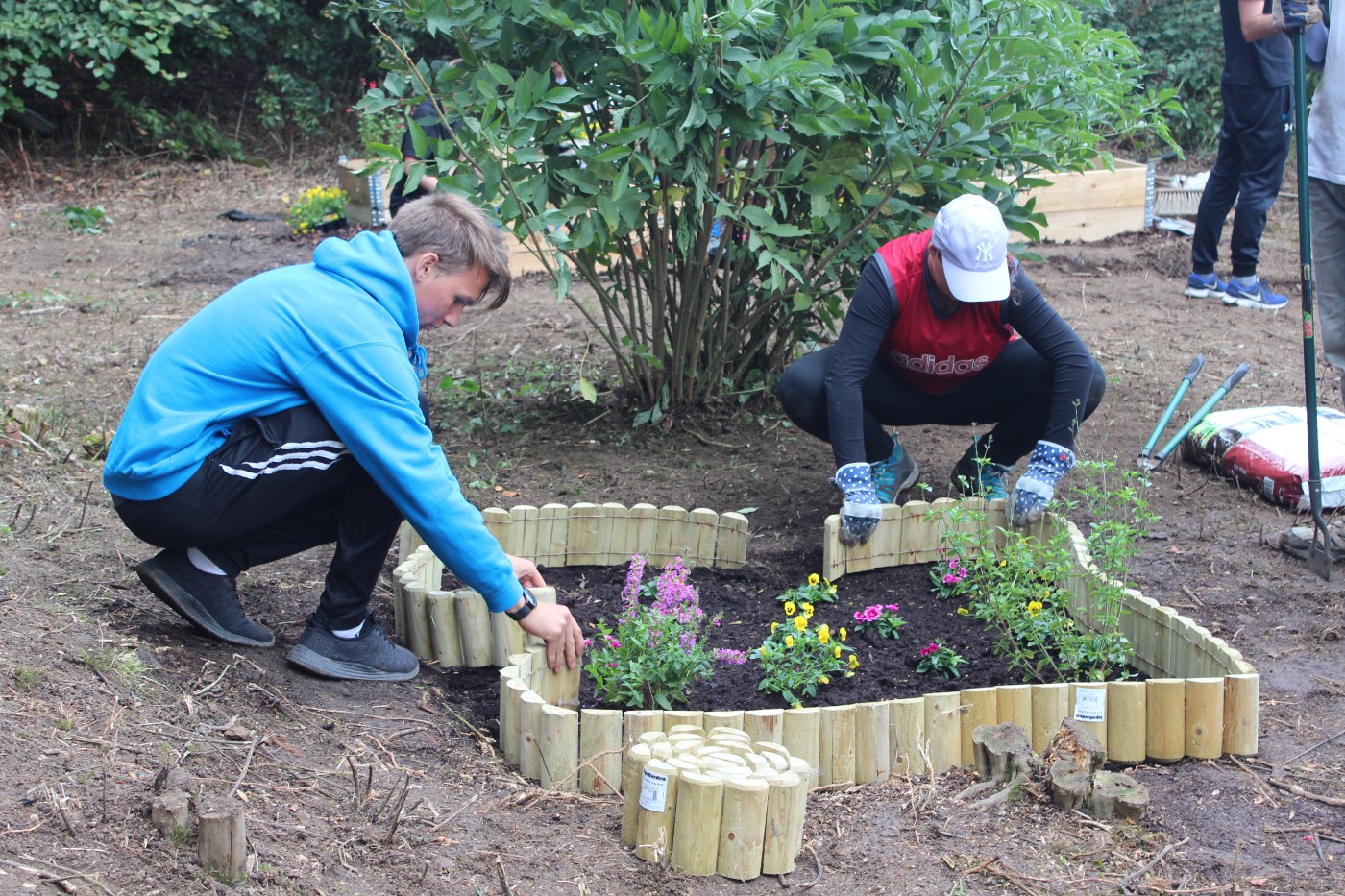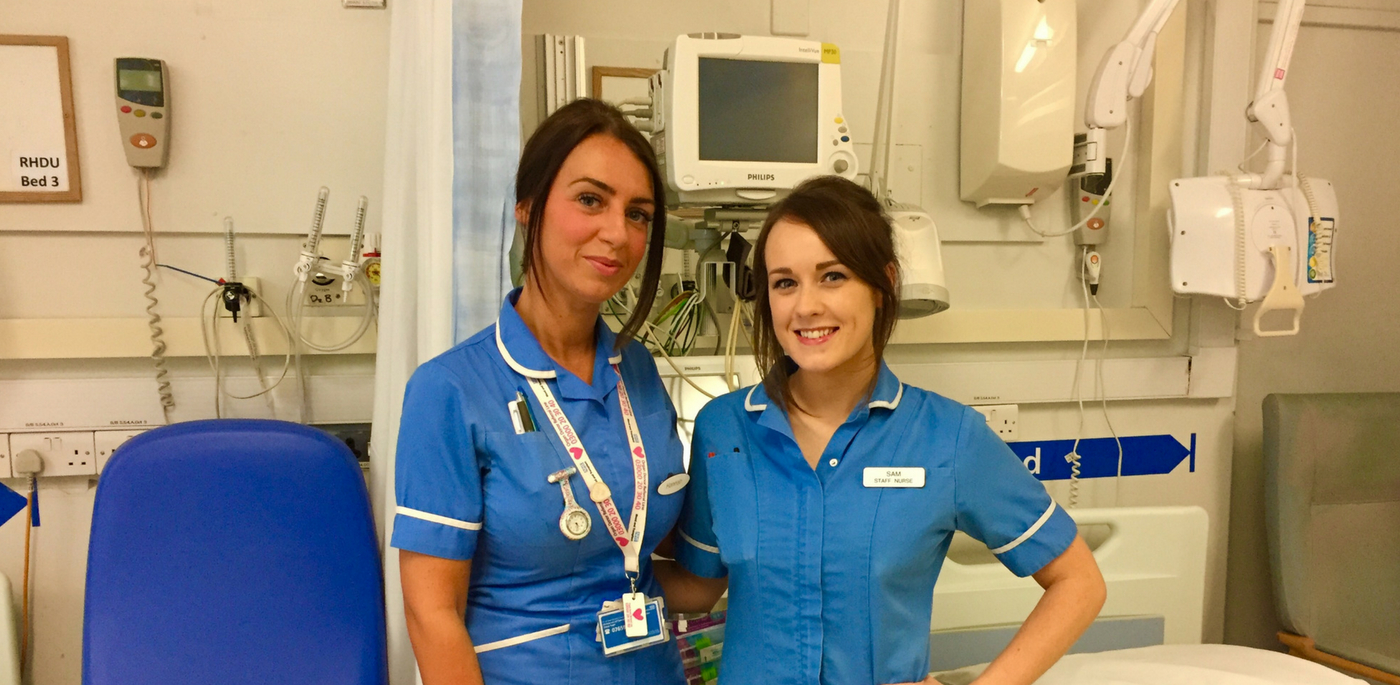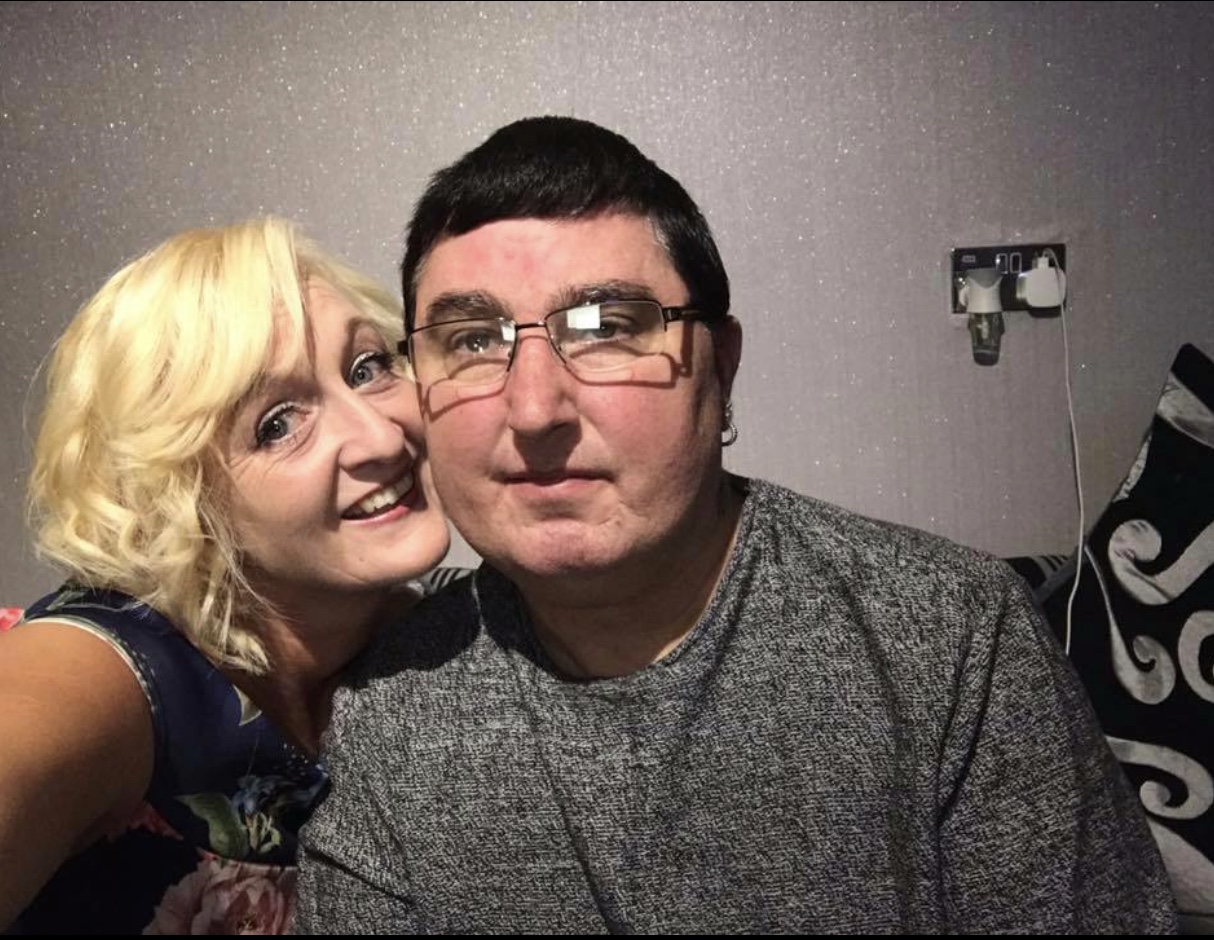Two frontline nurses are spearheading a drive to make Hull’s A&E department a friendlier place for patients with dementia and their families.
Carers are now able to stay with relatives when they are rushed to the Emergency Department at Hull Royal Infirmary after staff nurses Lisa Branston and Beca Trewhitt made it their mission to improve the experience for patients and their families.
Families are also asked to list their relative’s likes and dislikes, what makes them anxious, what equipment they need such as glasses or walking sticks and what staff can do to make the patient feel safer and less anxious during their stay in hospital.
The questionnaire is then passed on to other departments and wards in Hull University Teaching Hospitals NHS Trust and is kept on file for future reference if they need to be brought to hospital again.
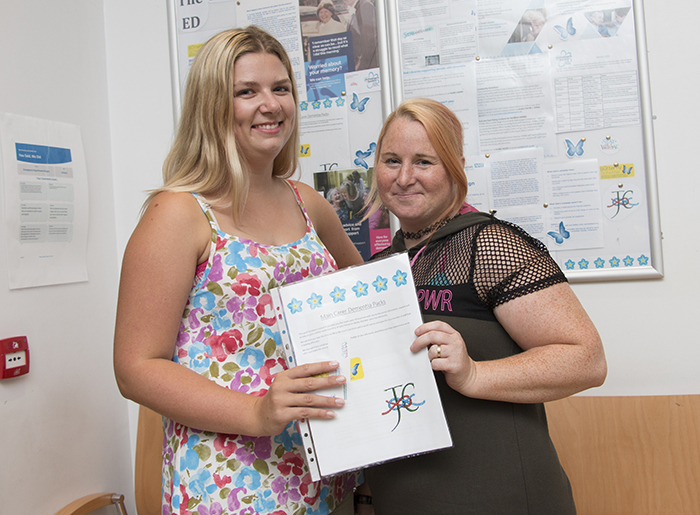
Beca Trewhitt and Lisa Branston with their questionnaire
Lisa, who has worked at the trust for four years, said: “In the past, relatives would often say they felt like no one was telling them anything because we were busy delivering the care while they were in the waiting area.
“We’ve also had patients brought in from care homes with no one with them so we don’t know anything about their needs and just had to work it out.
“We realised having relatives with their loved ones helped not just our patients feel less anxious, the relatives were involved in helping our staff look after their loved one.
“Asking the questions as soon as they arrive at hospital means ED can pass on vital information to other wards and departments so the patient and family have the very best experience we can offer.”
The Butterfly Scheme, where patients living with dementia are identified by a butterfly on their notes, was also extended in ED.
Now, butterflies are drawn on the outside of rooms in the majors area and a butterfly sticker is placed on their wristband so staff can see instantly that the patient may be confused or anxious.
Beca said: “This means that nurses and health care assistants are immediately aware that the patient has dementia and will adapt their nursing skills accordingly.”
As well as answering the survey, families are also given an information pack explaining the system now in operation and including a list of dementia organisations and services, vital tips on keeping older people well and details of local support groups.
The nurses say allowing main carers to stay with patients, in line with best practice in John’s Campaign, is making a huge difference in the department, which has treated increasing numbers of frail and elderly patients this year.
Lisa said: “Usually, when we go into a patient’s cubicle, we will ask the family members to leave so we can carry out procedures. Identifying the main carer means we know they can stay with the patient and they are a great help in keeping them calmer.
“Sometimes, patients would become really anxious and try to clamber off the trolleys and the demands on the service mean we can’t stay by someone’s bed every minute they are in the department.
“The families are a massive help to us and they feel the benefit too because they’re playing an active role in their loved one’s care.”
Helen Hudson, Senior Matron in Emergency Medicine, said: “Coming into hospital can be an anxious time for everyone and that’s multiplied when it’s an emergency and is an unexpected admission.
“Lisa and Beca have instigated changes which will make a massive difference, not just to our patients but to their families as well. We’re very proud of them and thank them for work which can only enhance our service and patient care.”

